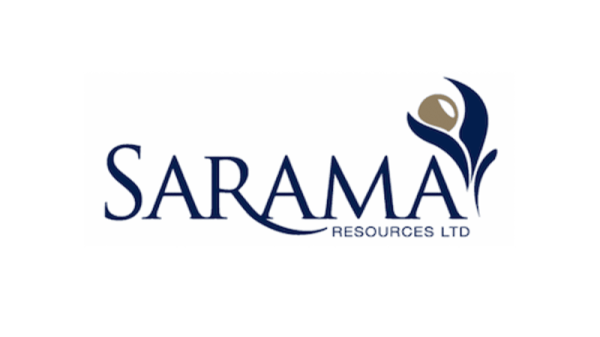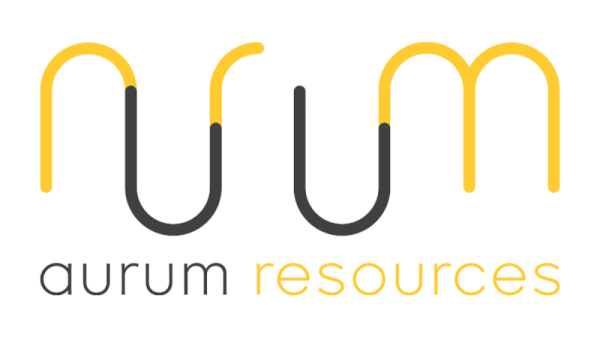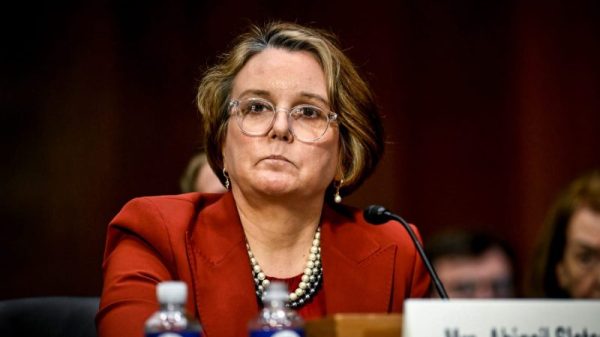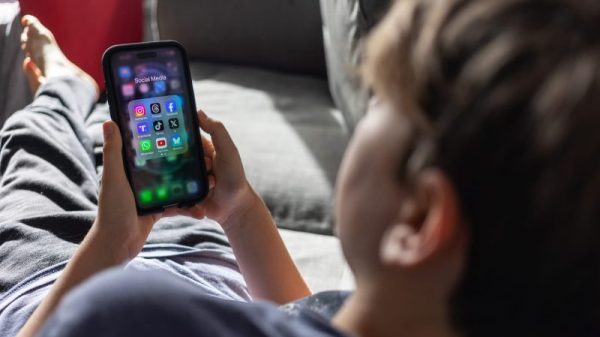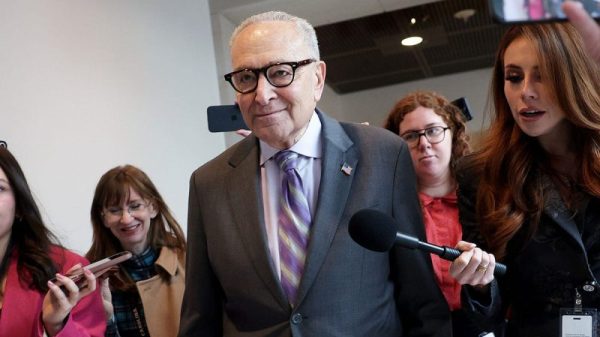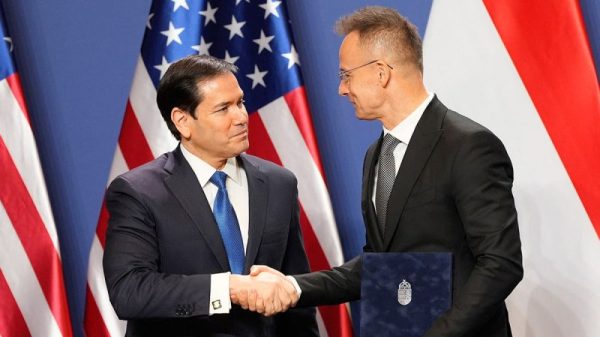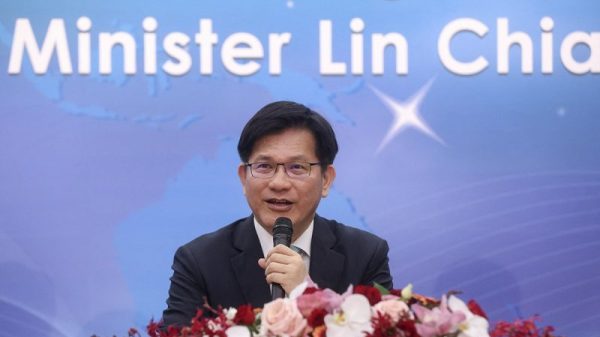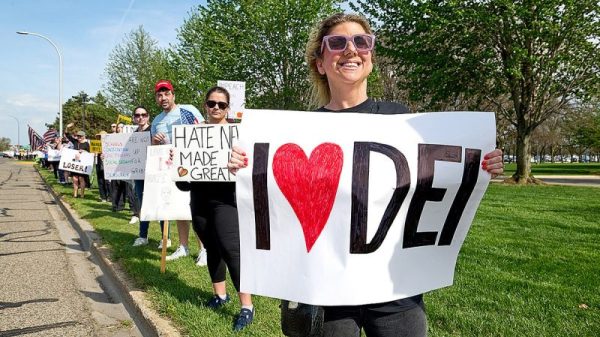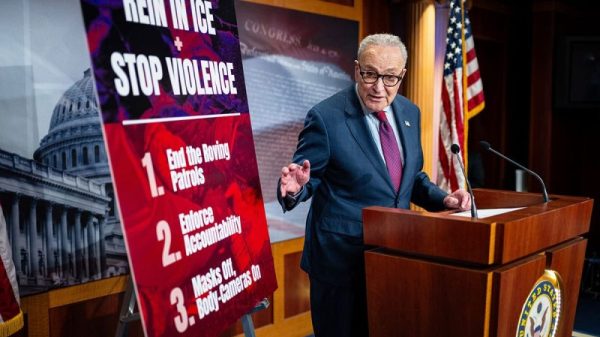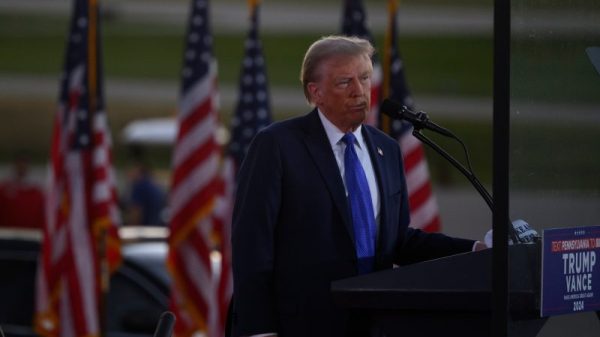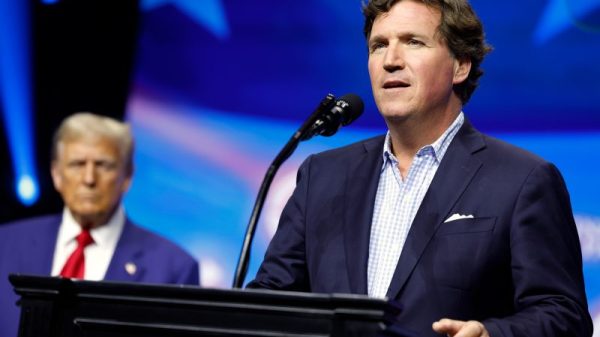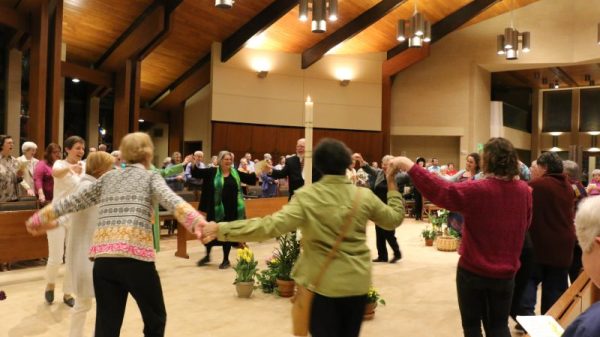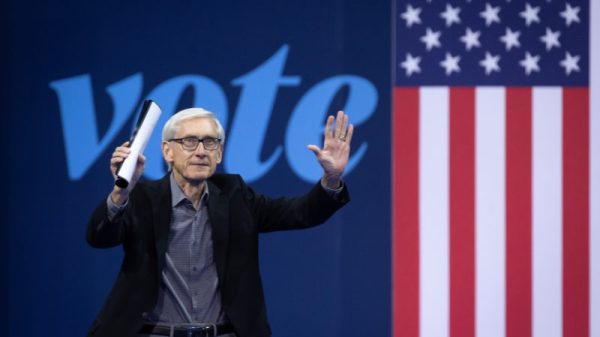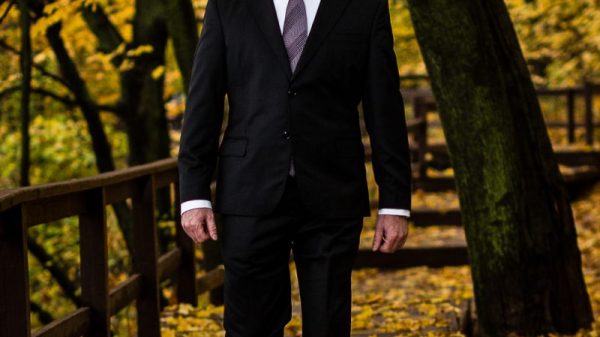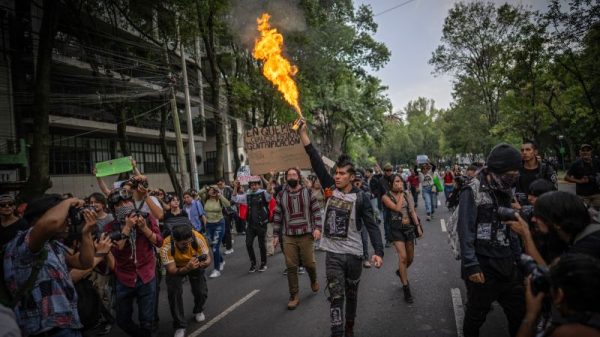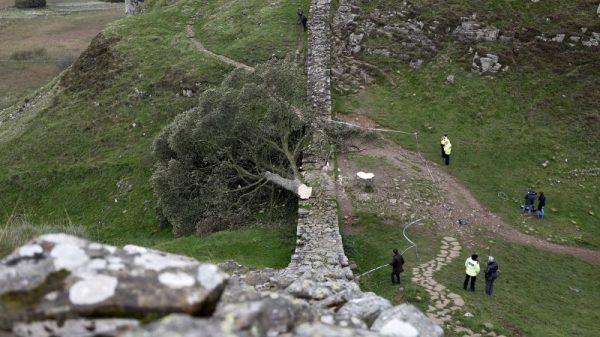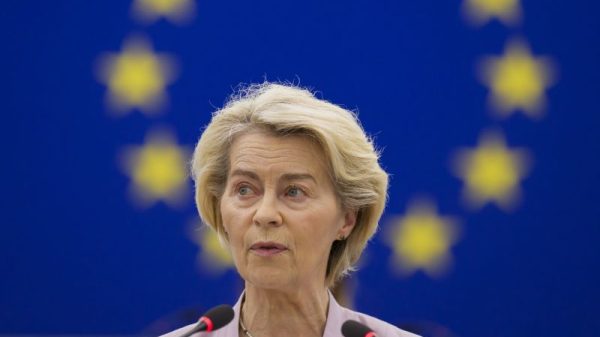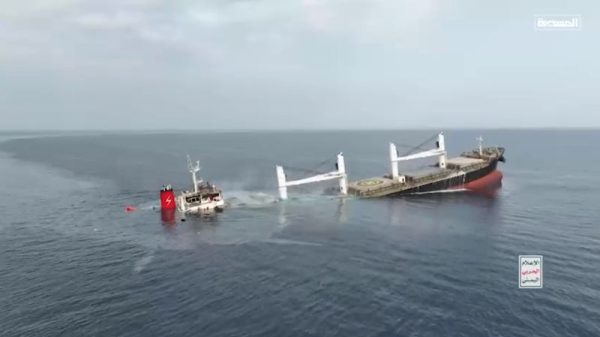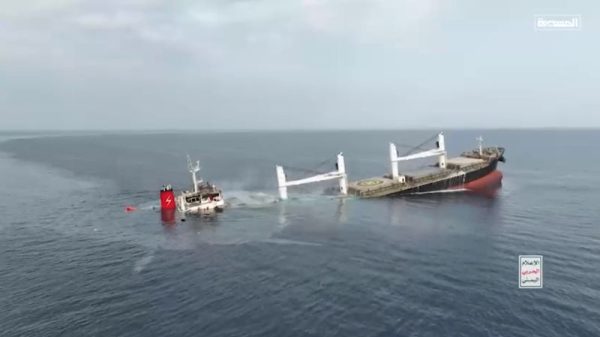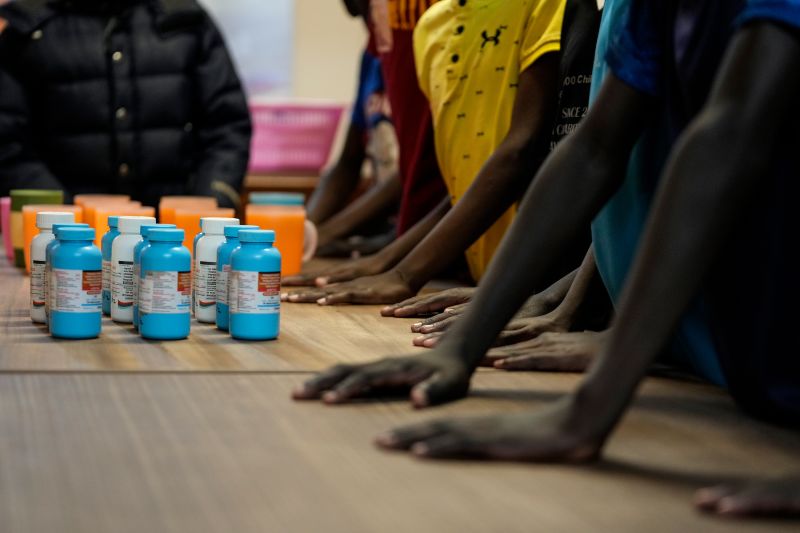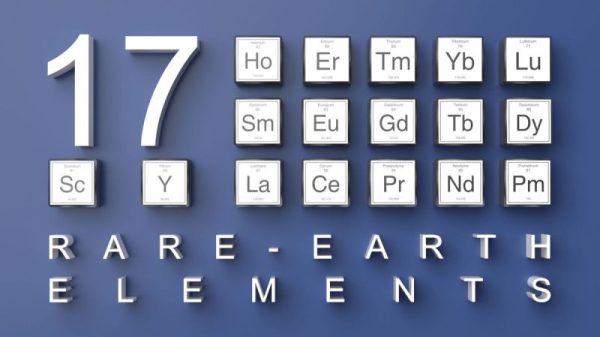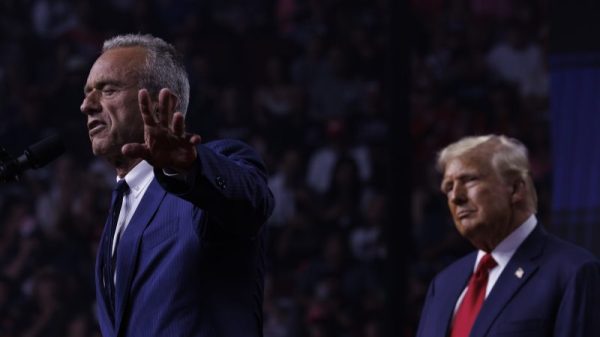Two-year-old Evans was brought to the Nyumbani Children’s Home in Nairobi, Kenya a year ago, suffering from HIV and tuberculosis. With no family to care for him, Evans was referred to the orphanage by a health center after he stopped responding to medical treatment.
Nyumbani Children’s Home is the reason Evans is still alive. But political decisions made thousands of miles (kilometers) away might spell the end of his short life. Nyumbani provides him and around 100 other children with antiretroviral medication, which they have been receiving from the US Agency for International Development (USAID) through the Kenyan government.
US President Donald Trump’s recent executive order to freeze USAID’s funding means Nyumbani’s access to life-saving antiretroviral drugs, which stop the HIV virus from replicating in the body, may end soon.
Trump’s order seeks to review almost all US foreign aid for 90 days and his administration has moved to shut down USAID. The effects are beginning to set it in, with thousands of people losing their jobs globally and humanitarian programs around the world disrupted.
A life and death situation
For children at Nyumbani Children’s Home, it’s a life and death situation. As he plays with other preschoolers, Evans is oblivious to his uncertain future, despite the worry on his caregivers’ faces.
The tiny graves at one end of the orphanage compound are a bleak reminder of what a future without USAID looks like for the children. It’s a scenario Sister Tresa Palakudy — who has been looking after children here for 28 years — is well familiar with having worked at the orphanage before USAID started helping.
“When we started caring for them, they didn’t look like they had life in them,” she said. “One after another, they died. It was so painful, and I don’t want to see that happen again.”
When Nyumbani, which means “Home” in Swahili, was started in 1992 by Christian missionaries, antiretroviral medication had not been introduced. Back then, it operated as a rescue center for orphaned and abandoned children living with HIV, offering largely palliative care.
The 2003 inception of the US President’s Emergency Plan for AIDS Relief, or PEPFAR, provided new hope for children living with HIV around the continent, including the orphans at Nyumbani. PEPFAR’s humanitarian aid to combat HIV in Kenya was funded largely by USAID.
“USAID started bringing ARVs free of charge,” said Palakudy. “We put all our children on ARVs and their lives changed. They became healthy and were able to go to school and live like other children.”
Over the last two decades, the US government, through PEPFAR, has spent more than $8 billion on HIV/AIDS treatment for close to 1.3 million people in Kenya.
USAID and PEPFAR have been critical to operating Nyumbani, having donated more than $16 million to the home between 1999 and 2023. This has enabled the home to reach up to 50,000 children through the rescue center, as well as its two outreach programs Lea Toto and Nyumbani Village. The aid included direct funds to the home, which was used to run the two outreach programs.
Controversies
Direct funding from USAID was discontinued in 2023, about the same time the orphanage came under scrutiny over allegations of sexual abuse of children by volunteers and staff members.
According to a Washington Post report, six former residents claimed that administrators at the home covered up allegations of sexual abuse. The home disputed the claims of a cover up, insisting that all allegations were handled according to protocols including reporting to local authorities and providing counseling to affected residents.
Executive Director Judith Wamboye said investigations by the Kenyan police were inconclusive. The discontinuation of the funds was not related to the investigations and was in line with a change in USAID policy to channel aid through the government rather than directly to organizations.
The policy change affected all organizations receiving funding. Rather than giving money directly to non-governmental organizations, funding would be channeled through government programs that catered to similar needs. As a result, Nyumbani scaled down its outreach programs and referred beneficiaries to government institutions.
Running out of stock
With the discontinuation of direct funding from USAID, the two outreach programs under Nyumbani were scaled down and children in the program were referred to other centers. However, Nyumbani has still been reliant on USAID to supply the lifesaving PEPFAR HIV treatment drugs for free.
“The future is uncertain,” said Wamboye. “The Kenyan government announced that they only have ARV stocks to last six months.”
According to data from amfAR, the Foundation for AIDS Research, about 1.3 million people are on HIV/AIDS treatment in Kenya, and 1,602 orphans and vulnerable children in Kenya are dependent on PEPFAR. amfAR warns that President Trump’s freeze on foreign aid could sever their access to critical medical care.
One such child is Mercy, who has been under the care of Nyumbani for the last 12 years. The ARVs saved her life. “I had a very weak immune system,” she said. “This led me to contracting many serious illnesses like tuberculosis and skin diseases.”
Mercy was placed on HIV treatment, giving her a lifeline, but recent news on the freeze order has her scared for her life.
“I am very afraid that previous illnesses that I experienced when I was young will reoccur. And now that I have finished high school and am ready to join college, I am scared it will ruin everything,” she said.
On average, the children’s home requires $1,139 per child annually for HIV treatment. In addition to antiretrovirals, the home needs reagents to enable regular testing of the viral load in the children, as well as medicines to treat opportunistic illnesses, which are common among HIV patients.
Wamboye said that should PEPFAR be discontinued permanently, the cost of ARVs could go up and become unaffordable, which will mean children living with HIV will die.
“This is a life-saving situation and we cannot sit and wait and bargain on human life. So for us, it’s about human life, the lives that we need to save. Something needs to be done urgently,” she said.


